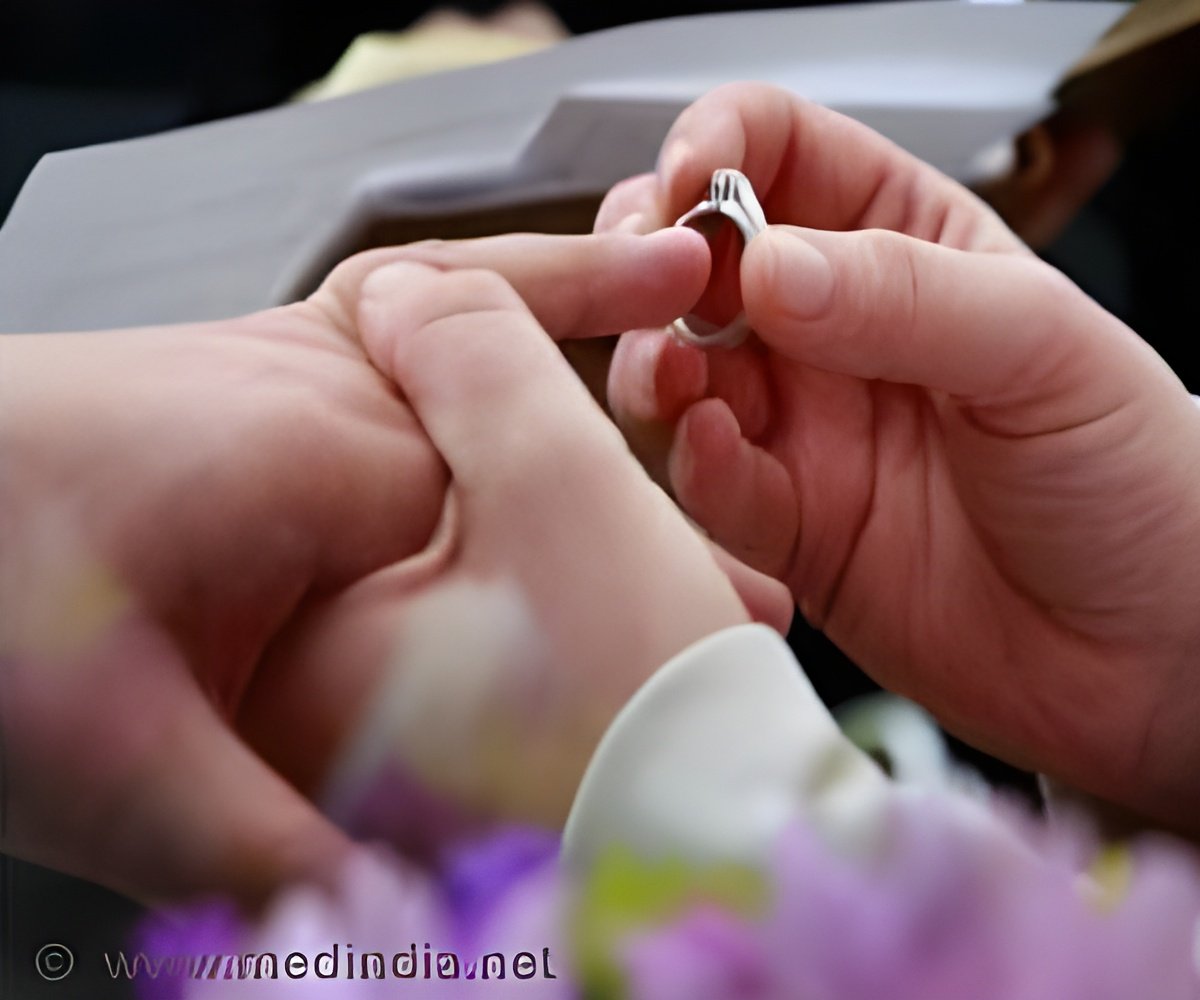Rose Akurut's parents were thrilled when the Ugandan farmer's daughter became engaged to a man from a village far from her own.

"I was very, very happy. Now I'd also benefit, the cows would come," said her mother Anna Amiti, 50, referring to the bride price or dowry, enshrined in Ugandan law, that the family received from their son-in-law.
"We told him, 'show us your strength, so that you actually can take care of her,'" added her father John Okodel, 66.
He had given his wife's family nine cows when they married decades ago, in the eastern Ugandan region of Bukedea, some 240 kilometres (150 miles) east of the capital.
So for their daughter's dowry, Amiti and Okodel requested six cows, four goats and 400,000 Uganda shillings (150 dollars, 120 euros) in exchange for their daughter's hand in marriage.
After some bargaining, they received four cows, four goats and 200,000 shillings (75 dollars, 60 euros). Cattle can cost as much as several hundred dollars, the equivalent to months of work for an average Ugandan.
Advertisement
Some groups in Uganda also gift banana wine, traditional dress, meat, and even vegetables and paraffin.
Advertisement
Mifumi have launched a landmark case seeking to have the practice declared optional by a court.
- 'Contributes to violence' -
Six months after they married, Akurut's husband began beating her.
As he repeatedly battered his wife, causing blood to ooze from her ears and leaving her with permanent damage, he would yell "my cows" in the local language.
"I used to think I would have to endure this -- because after all the dowry was paid -- but it reached a level I could no longer endure," recalled Akurut, 26, who eventually fled back to her parent's home with her three daughters and two sons.
According to research conducted by Mifumi, at least 84 per cent of Ugandans believed there was a direct connection between domestic violence and the bride price.
In the past two years in Bukedea alone, the charity have seen 10 cases of women treated by their husbands as "property in the name of culture" and locked into abusive marriages, said program manager Dina Atim.
Many more are scared to go to the authorities for help, and even when they do, action may not be taken, she added.
"People are commercialising marriages, denying children school, and arranging marriages early because they can get something," Atim told AFP. "Women are taken as property."
Dowry payments encourage men to view their wife as a financial asset.
"It contributes to violence," Atim said.
Attitudes are very slowly shifting.
In June, the eastern Ugandan district of Butaleja passed its own law making it a crime to demand payment of or refund of bride price, or to deny a woman burial on account of non-payment of bride price by the man.
Another area, Tororo, has repealed a 1964 by-law that legalised the payment.
- Legal challenges -
But Mifumi are also fighting in court for a more dramatic step: to ensure the practice is made "voluntary" across the nation..
A 2007 Constitutional Court petition launched by the charity and 12 individuals argued that the dowry portrayed women "as an article in a market for sale" amounting to "degrading treatment".
In 2010, the court upheld the payment, ruling while the bride price played a role in some domestic abuse cases and women being treated as "inferiors", this was no justification for a "blanket prohibition".
But the petitioners then appealed in the Supreme Court, and say if it does not rule in their favour, they will explore other legal avenues. The court is currently considering its judgement.
Today, sitting with her children in the dirt in front of the family home, a grass-thatched hut, Akurut says she feels guilty.
"I'm a double burden," she said, explaining that her parents had reluctantly paid back what they could of the dowry, and were now also supporting her and the children.
Okodel feels "so bad" about the physical and "economic violence" his daughter suffered.
But even after all Akurut has been through, her mother Amiti still supports paying a bride price, viewing it as payment for the cost of education of your children.
Campaigners like Atim know they have a long fight, saying the custom is so "culturally entrenched" they must also work to prevent domestic violence, as well their legal challenge.
"We hope that with time, we'll get there," she said.
Source-AFP








